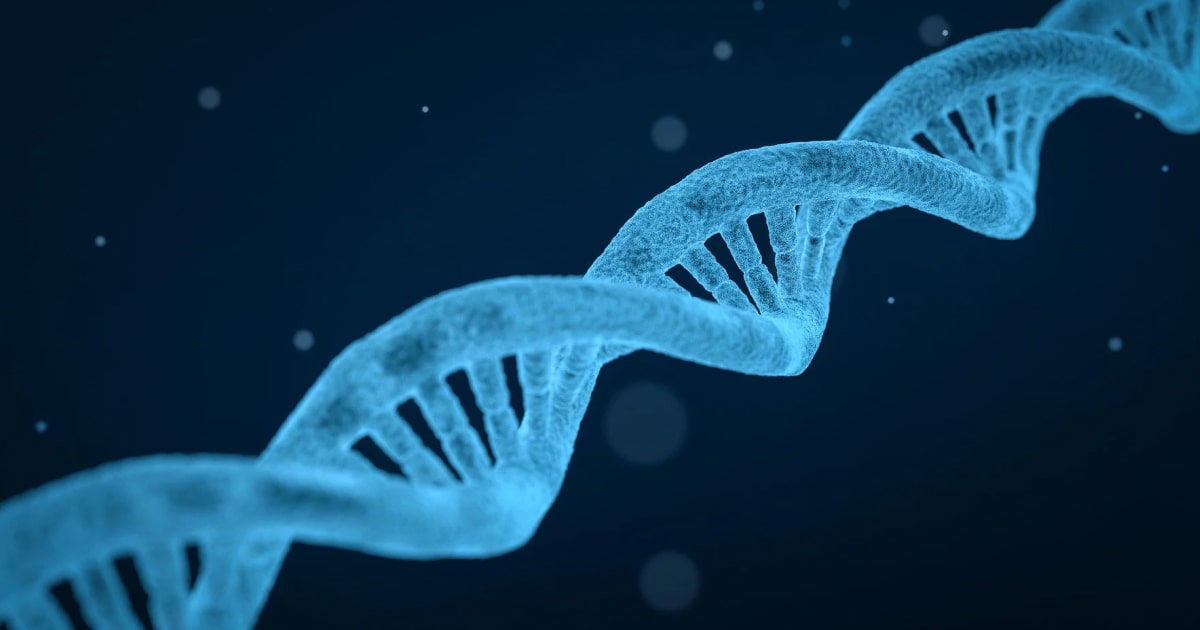
Expert Reviewed By: Dr. Brandon Colby MD
GLUT1 deficiency syndrome 1 (GLUT1DS1) is a rare autosomal recessive neurodevelopmental disorder that affects the way glucose is transported into the brain. It can lead to a wide range of symptoms, including seizures, developmental delays, and movement disorders. In this article, we will explore the current understanding of GLUT1DS1, the importance of early diagnosis, and the role of genetic testing in managing this condition.
Understanding GLUT1 Deficiency Syndrome 1
GLUT1DS1 is caused by mutations in the SLC2A1 gene, which encodes the glucose transporter protein GLUT1. This protein is responsible for transporting glucose across the blood-brain barrier, providing the brain with the energy it needs to function properly. When GLUT1 is not functioning correctly, the brain is deprived of glucose, leading to the various symptoms associated with GLUT1DS1 4.
The severity and presentation of GLUT1DS1 can vary greatly between individuals. Some may experience mild symptoms, while others may have more severe neurological issues. Common symptoms include epilepsy, developmental delays, and movement disorders such as ataxia or dystonia 2.
Diagnosing GLUT1 Deficiency Syndrome 1
Diagnosing GLUT1DS1 can be challenging due to its variable presentation and the rarity of the condition. However, early diagnosis is crucial, as timely intervention can help maintain cognitive development and improve the quality of life for affected individuals 2.
The diagnosis of GLUT1DS1 is typically based on clinical findings, such as the presence of seizures, developmental delays, and movement disorders. Additionally, a lumbar puncture can be performed to measure glucose levels in the cerebrospinal fluid, which are often low in individuals with GLUT1DS1 2.
The Role of Genetic Testing in GLUT1 Deficiency Syndrome 1
Genetic testing plays a crucial role in the diagnosis and management of GLUT1DS1. By identifying the specific mutations in the SLC2A1 gene, healthcare providers can confirm the diagnosis and provide personalized care for affected individuals.
Confirming the Diagnosis
Genetic testing can be used to confirm the diagnosis of GLUT1DS1 by identifying mutations in the SLC2A1 gene. This can be particularly helpful in cases where the clinical presentation is atypical or the cerebrospinal fluid glucose levels are inconclusive 4.
Identifying At-Risk Family Members
As an autosomal recessive disorder, both parents of an individual with GLUT1DS1 must be carriers of a mutated SLC2A1 gene. Genetic testing can be used to identify carrier status in family members, allowing for informed family planning and early intervention for any future children who may be affected 1.
Guiding Treatment and Management
Genetic testing can provide valuable information to guide the treatment and management of GLUT1DS1. For example, individuals with specific SLC2A1 mutations may respond better to certain treatments, such as the ketogenic diet, which has been shown to be effective in reducing seizures and improving developmental outcomes in some cases 2.
Conclusion
GLUT1 deficiency syndrome 1 is a rare but serious neurodevelopmental disorder that can have a significant impact on an individual's quality of life. Early diagnosis and intervention are crucial for maintaining cognitive development and managing symptoms. Genetic testing plays a vital role in confirming the diagnosis, identifying at-risk family members, and guiding treatment for this complex condition.
About The Expert Reviewer
Dr. Brandon Colby MD is a US physician specializing in the personalized prevention of disease through the use of genomic technologies. He’s an expert in genetic testing, genetic analysis, and precision medicine. Dr. Colby is also the Founder of and the author of Outsmart Your Genes.
Dr. Colby holds an MD from the Mount Sinai School of Medicine, an MBA from Stanford University’s Graduate School of Business, and a degree in Genetics with Honors from the University of Michigan. He is an Affiliate Specialist of the American College of Medical Genetics and Genomics (ACMG), an Associate of the American College of Preventive Medicine (ACPM), and a member of the National Society of Genetic Counselors (NSGC)